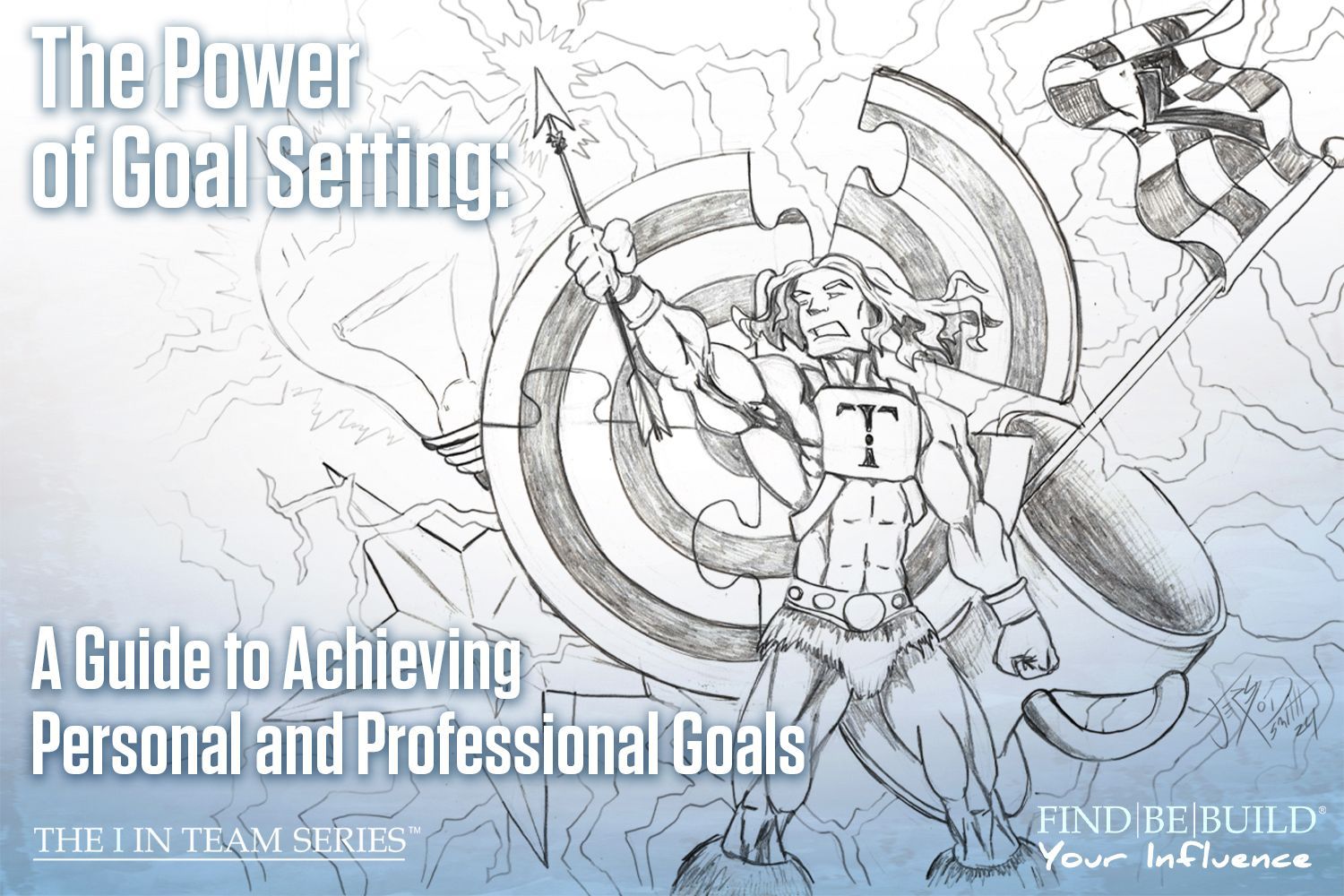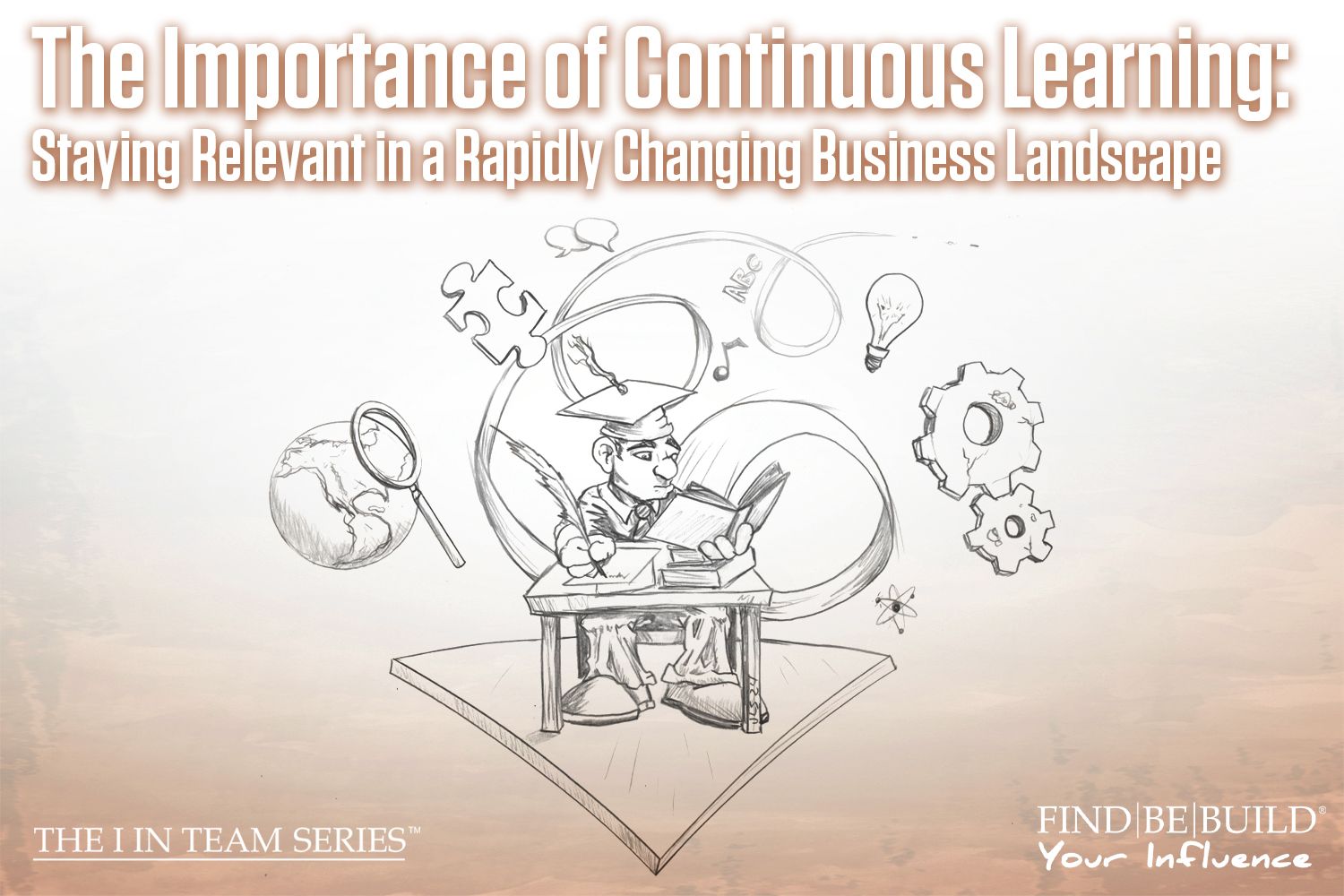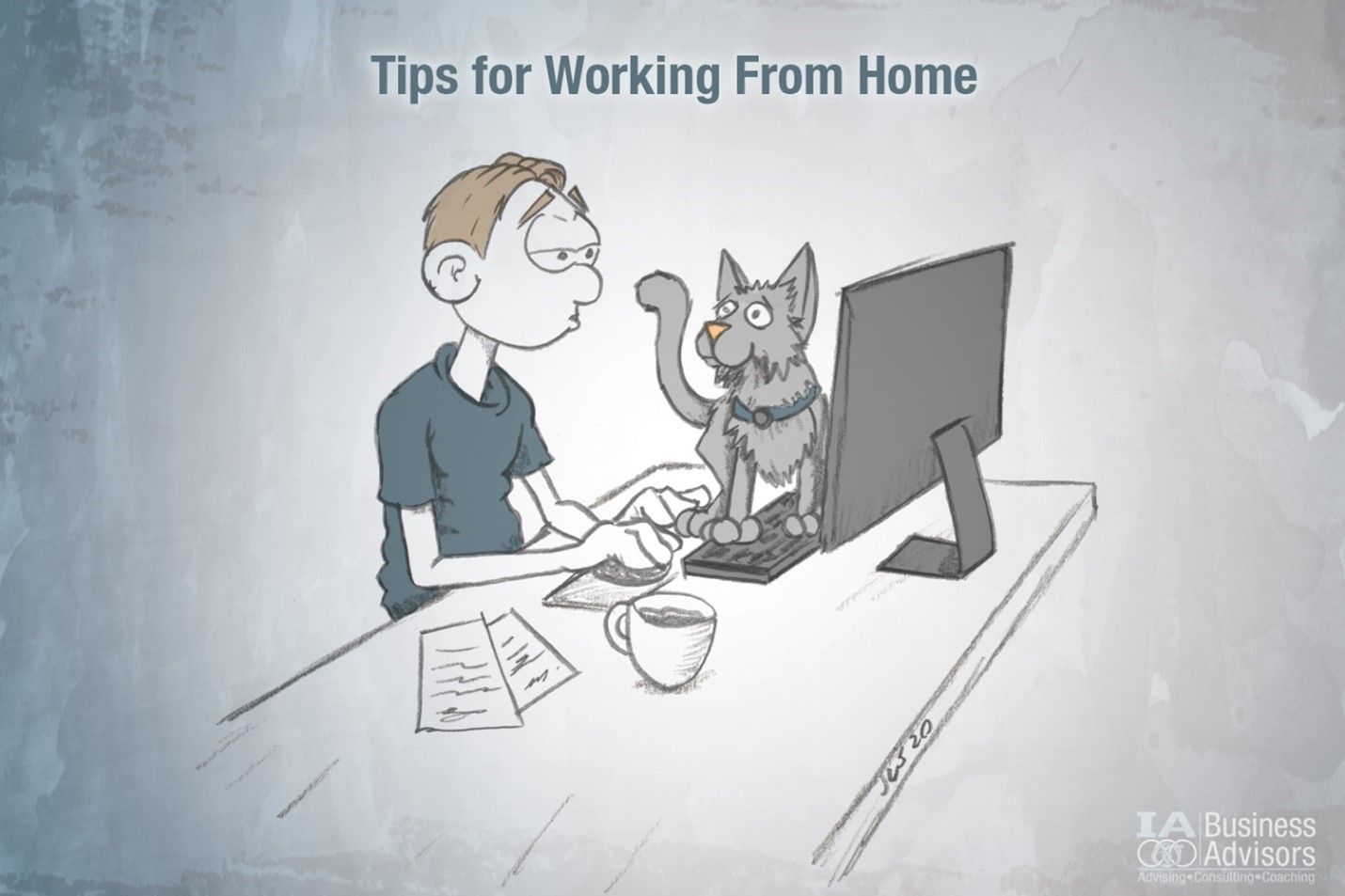Why the Minimum Wage System Could Fail the Economy

The minimum wage debate continues. I originally wrote this article in 2012 when Oregon was going to increase the minimum wage from $8.50 to $8.80 and become the state with the second highest minimum wage in the country. Even in 2016, this debate drudges on.
The primary wage earner in a family generally does not earn the minimum wage. The jobs that are paid minimum wage are far from menial, they include customer service jobs in restaurants, entertainment centers, and gas stations. High school and college students, as well as moms with kids in school, hold these jobs or people taking second jobs to support a family or lifestyle. Oregon is one of only six states that do not offer a tip differential for employees earning tips as part of their compensation. There is also no available commission or piecework differential, such as might be seen with sales people or other customer support positions. This lack of adjustment is just one glaring issue that will further hurt the Oregon economy.
In looking at how the minimum wage affects small business, you need to understand the actual cost that goes into paying an employee in Oregon. The wage is only the visible aspect to the employee. Oregon has an unemployment insurance tax rate that can be 4% or more of the wage. In companies with many minimum wage employees such as students, employee turnover is typically higher and thus unemployment insurance rates may be higher. Additionally, seasonal businesses like hospitality and food service see their unemployment insurance rates on the higher side of the range. Oregon also has the Workers Compensation Benefit Plan. This plan is in addition to the mandatory Workers Compensation Insurance carried by all businesses in Oregon. This State tax can be 2% or more of the employee’s wage. This amount is over and above the 2-10% for the actual Insurance.
The federal government has its Social Security and Medicare mandatory employer match that totals 7.65% of the wage. Additionally, there is the federal unemployment tax of just less than 1%. For employees that earn tips as part of their compensation, the business is also charged the tax on all the tips earned by their employees. Generally employees claim the mandated 8% of sales as tips, so a business with $500,000 in revenue would have $40,000 in tips reported and the business would pay up to 15% or more of this amount in added taxes.
Finally, businesses in Oregon who wish to offer health insurance to its employees must pay a minimum of 50% of the employee’s health insurance premium. This requirement limits full time employment, rate of pay and benefit offerings in companies where such plans in other states are readily available. The notion that raising the minimum wage will help the economy and plays an important part in the overall building of our economy is false. Generally, companies hit with large minimum wage increases reduce hours, consolidate employee activities, reduce employee benefits, or raise their own prices which contribute to the overall decline of our economy. Because of this law, Oregon will continue to see slow economic recovery. Industries that have a high percentage of minimum wage employees are key economic industries such as Hotels, Restaurants, Gas Stations (only Full Service in Oregon), Theaters, Convenience Stores, Agriculture, and Piece/Commission jobs. If Gas Stations see their labor rates increase by 7-9% due to a minimum wage increase, gas prices will have to be raised.
The sad part about this increase is the compounding effect it has on everything else. When gas prices go up because of labor rates, you will not recover those increases. As fuel prices increase, so does the cost to deliver almost everything we purchase locally. That increase will affect the costs of raw materials and other items, which will be passed on to consumers. When this increase hits say a restaurant, whose labor is also affected by the wage increase, this business could see a 13-18% increase in Cost of Sales from this compound affect.
I’m not sure how anyone can see this as good for the long-term recovery of our economy. Yes, the minimum wage employees will earn 3.5% more in 2012. For that, the employer will see a 6-9% increase in costs imposed by state and federal laws on all employers. The employers will raise their prices from 5-9% and that will not only affect the minimum wage employees, but everyone.











